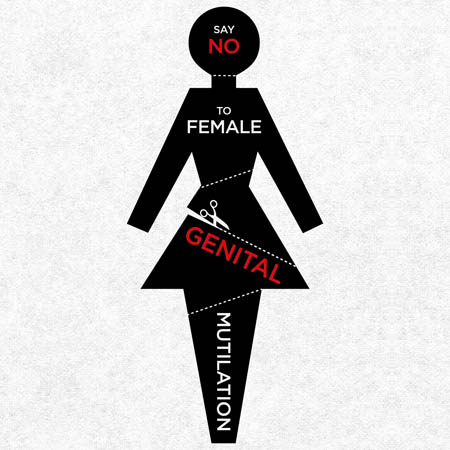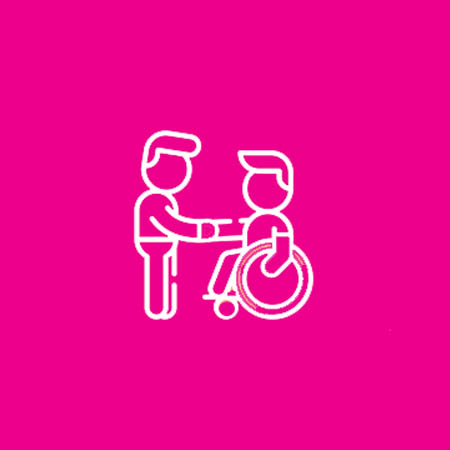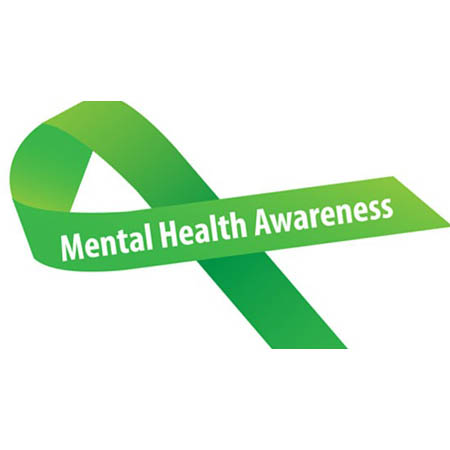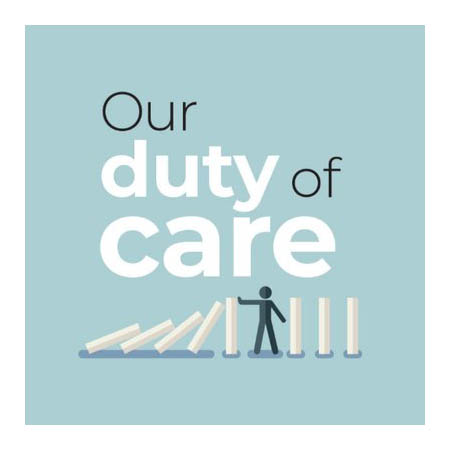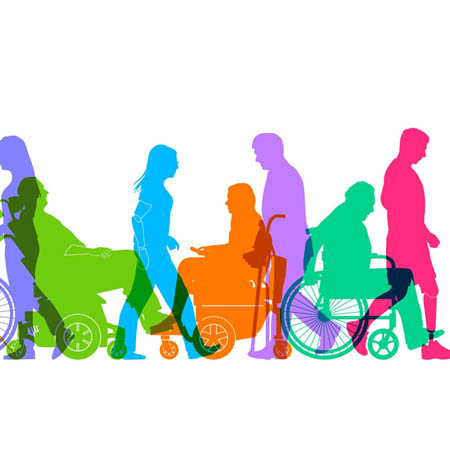Epilepsy Awareness
About this course
This online Epilepsy Awareness course for carers is for those who work with or are responsible for the health and well-being of epilepsy patients. This essential first aid guidance course covers best practises and guarantees that those who complete it have the skills and information necessary to offer a safe and effective environment for people with epilepsy.
Created for your needsa
COURSE OUTLINE
The main features you’ll cover in this epilepsy awareness training qualification course with certificate are:
- The history of research into epilepsy, its causes and some of the facts and figures relating to its effect on the population
- The methods that neurologists can use in the process of diagnosing epilepsy
- The basics of how messages are sent through the brain and why seizures occur
- The different types of seizure and the effects they can have
- Non-epileptic Attack Disorder (NEAD)
- How to identify the signs that a service user is going to have an epileptic seizure
- The importance or using and updating support plans to provide people with the help they need
- The states of mind, as well as the physical factors, that can trigger seizures
- How to provide effective support to people during and after an epileptic seizure
- The definitions of status epilepticus and serial seizures
Providing relevant knowledge and skills
LEARNING OUTCOMES
After completing this epilepsy awareness training online certificate by Verrolyne training, learners must know and understand the following learning outcomes
On completion of this online Epilepsy Awareness training course, the learner will:
- The history of research into epilepsy, its causes and some of the facts and figures relating to its effect on the population
- The methods that neurologists can use in the process of diagnosing epilepsy
- The basics of how messages are sent through the brain and why seizures occur
- The different types of seizure and the effects they can have
- Non-epileptic Attack Disorder (NEAD)
- How to identify the signs that a service user is going to have an epileptic seizure
- The importance of using and updating support plans to provide people with the help they need
- The states of mind, as well as the physical factors, that can trigger seizures
- How to provide effective support to people during and after an epileptic seizure
- The definitions of status epilepticus and serial seizures.
HOW TO TAKE THIS COURSE?
- Video tutorials guiding you through every aspect of every treatment.
- Easy to follow downloadable eBooks in units, designed to enhance your progressive learning techniques
- Easy online learning via your mobile, tablet and pc
- Full support and guidance from working professionals



